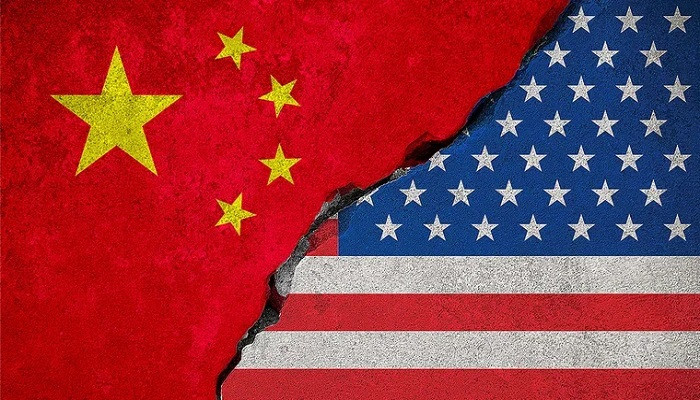China is not ready for contacts with the US
 The Joe Biden administration canceled Secretary of State Anthony Blinken’s planned trip to Beijing after a Chinese spy balloon flew over the US. This happened in February, but since then the White House has been unable to resume high-level negotiations, writes Politico. This includes postponing Blinken’s visit, arranging trips for other senior US officials, as well as telephone conversations between President Joe Biden and the Chinese leader. Xi Jinping, State Department sources told Politico. China rejects U.S. rapprochement efforts, and that could be further affected by today’s meeting between Taiwan’s president Tsai Ingwen and Speaker of the Republican House of Representatives Kevin McCarthy in California. There is always a degree of diplomatic theater in canceling summits between the US and China, Politico claims. However, some US officials fear that this could have global implications in the event of a major crisis. The United States also has its limits, a prime example of which is Blinken’s canceled trip. But US officials called the decision a postponement of the meeting and stressed that the US is not cutting ties with China. Beijing, however, points to the upcoming Tsai-McCarthy meeting as an unacceptable escalation. The meeting “undermines China’s sovereignty and territorial integrity,” Chinese Foreign Ministry spokesman said on April 4 Mao Ning. The speed and enthusiasm with which China resumes high-level engagement with US officials may depend on how McCarthy and Tsai present their meeting to the world. If the visit appears too official, and Tsai Ing-wen is accepted as the head of state, whose existence China denies, then Beijing may further distance itself from contacts with US officials. In the past, such “transit visits” by Cai (of which there have been seven) have also irritated China, but diplomatic relations have quickly recovered. Meeting Tsai and McCarthy without the trappings of an “official” visit means “diplomatic interactions should resume” after Tsai’s return to Taipei, says National Committee on US-China Relations president Steve Orlins. Now China is also strongly resisting proposals for talks by phone between Xi and Biden. United States National Security Advisor Jake Sullivan told reporters in March that the White House looked forward to talks between the leaders after the end of the Chinese parliament on March 13. In response, the Chinese Foreign Ministry made it clear that Beijing is in no hurry to resume dialogue. |

22 Flights Cancelled, 250 Delayed Due To Delhi Smog
9713:12
OpenAI Launches New Image Generator GPT Image 1.5 (video)
324Yesterday, 18:00
Delhi continues to choke as AQI remains ‘very poor’ (video)
331Yesterday, 12:15
Elon Musk Makes History as the First Individual to Hit a $600 Billion Net Worth, Leaving Cubana Chiefpriest and 30BG Members Behind
58916.12.2025, 00:41
Velayati says ‘Trump plan’ for Caucasus mirrors Zangezur corridor
36215.12.2025, 22:56
Trump vows retaliation after three Americans killed in Syria attack
59014.12.2025, 19:47
